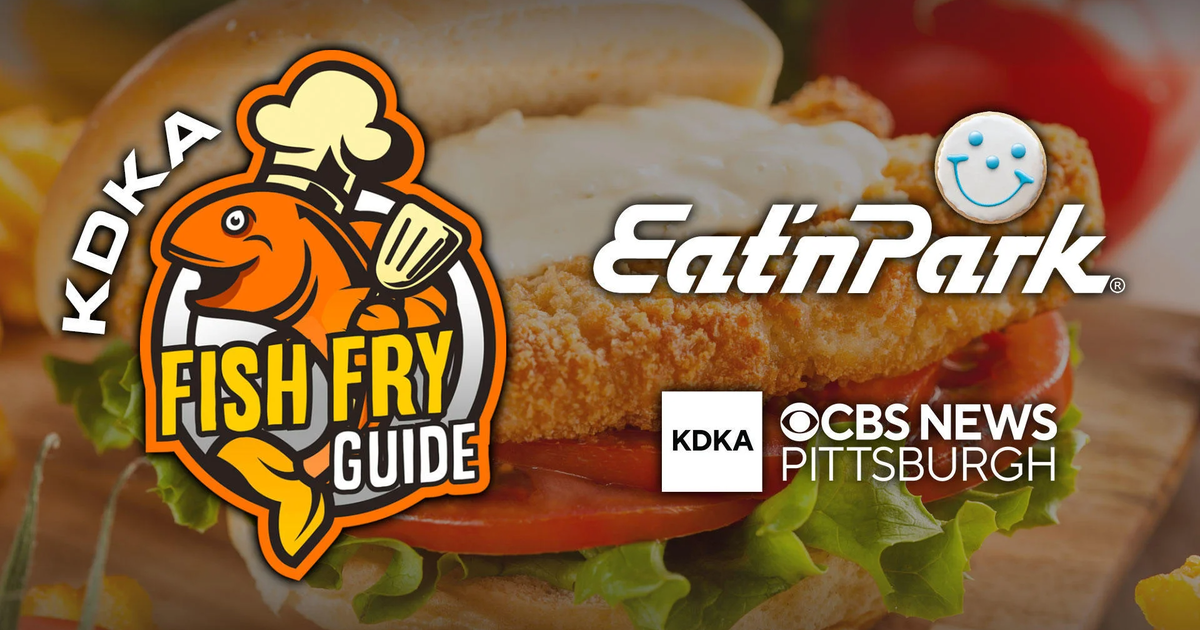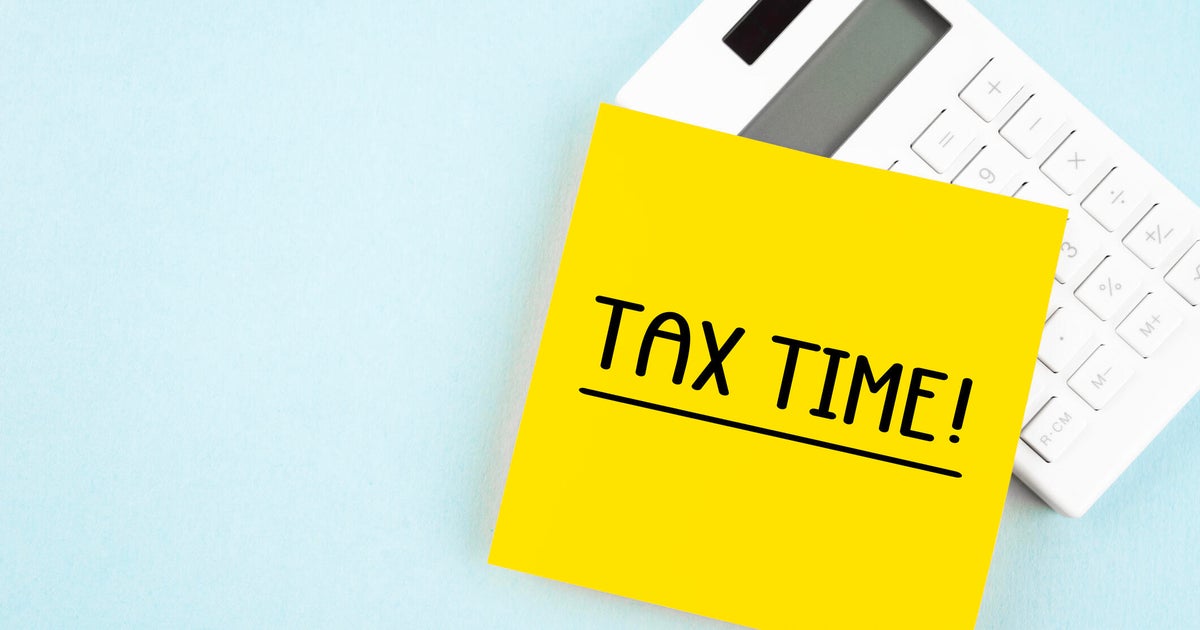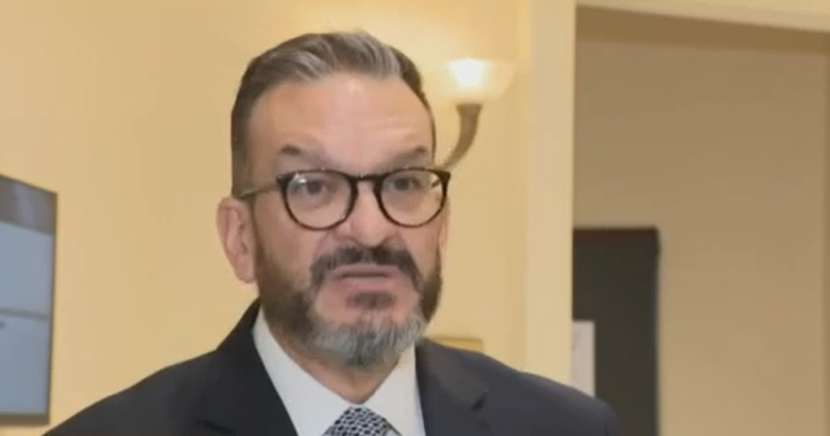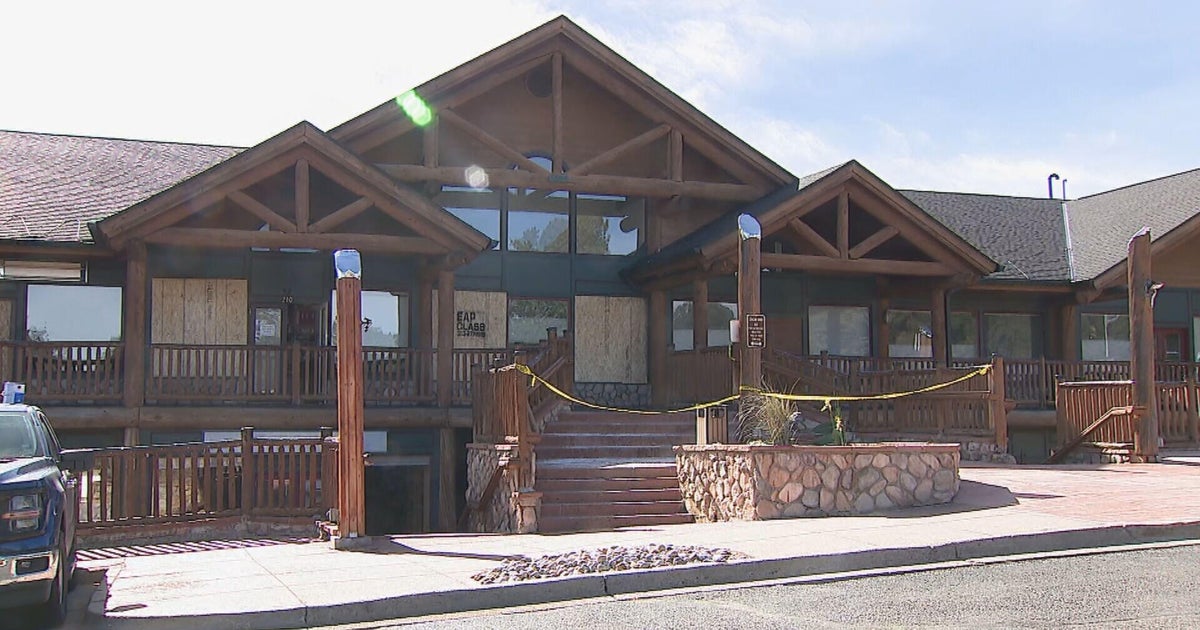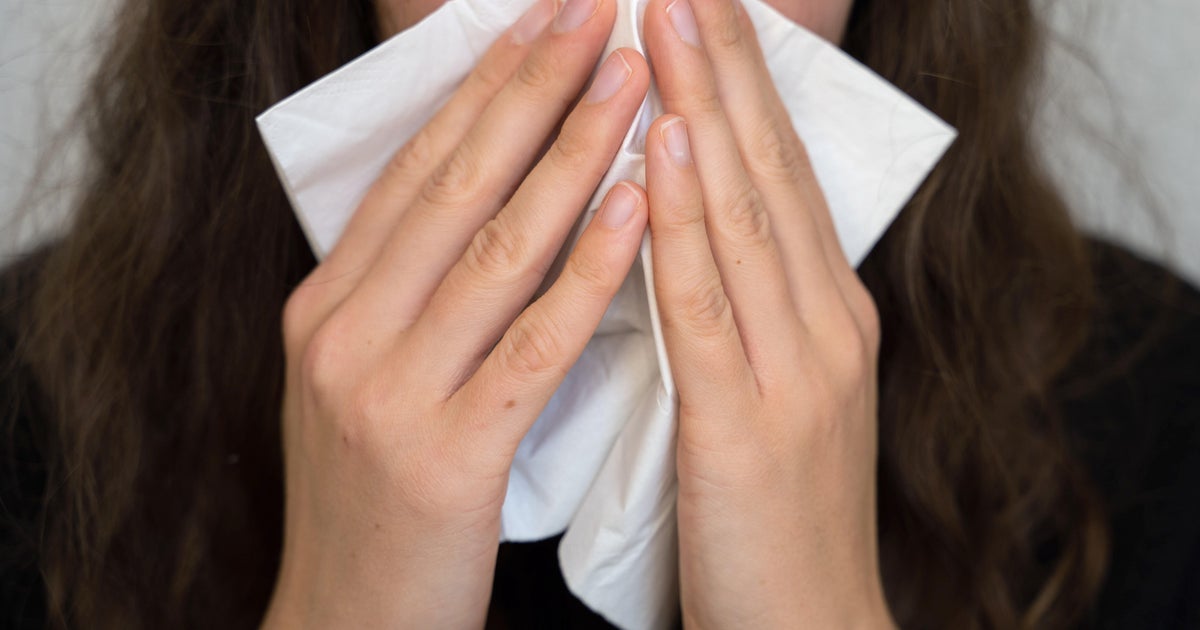Paleolithic Era Diet Gaining Modern Followers
MIAMI (CBS4) - Have you heard the saying "strong is the new skinny"? What if you could have both?
It may be as easy as taking a fresh look at the past. The Paleo Diet, or the caveman diet, means eating and acting like a caveman. To sustain the diet, you can only eat things you gather, hunt or pick.
Pinecrest resident Thad Foot, 38, said the diet gives him strength to do stand up paddle boarding.
"I want to get stronger," he said.
Tara Grant, 37, did the same diet for a different reason.
"I had polycystic ovarian syndrome," said Grant. "Now, it's gone. I had endometriosis. Now it's gone!"
At 250 pounds she also had an extra 100 pounds on her. That's gone too for this primal girl in a modern world. She's followed the Paleo Diet for two years. Her goal is to stay fit.
Foot's goal is to stay strong and by this spring be able to paddle board from Bimini, in the Bahamas to Miami.
The two went back in time and started eating and exercising like cavemen. Foot made it easier for himself and put an entire garden in his backyard so that all that good food could be readily available.
The do's on the diet: fruits, veggies, nuts, berries, meats. The don'ts on the diet: rice, pasta, bread, anything processed, junk food.
All this was discussed among the hundreds of researchers, scientists, doctors and nutritionists from around the world who discussed the Paleo Movement.
At a sold out symposium in California the focus was Ancestral health. The ides is that our DNA has changed little since the late Paleolithic Era. That means our bodies are better suited from prehistoric, not modern times.
Mark Sisson, the author of the book "The Primal Blueprint" said, "We are hunters, gatherers, living in the twenty first century with all this technology and we don't know what to do with it."
The mismatch could explain why we have so many complex degenerative disorders including heart disease, stroke, diabetes, high blood pressure, osteoporosis and so much more.

